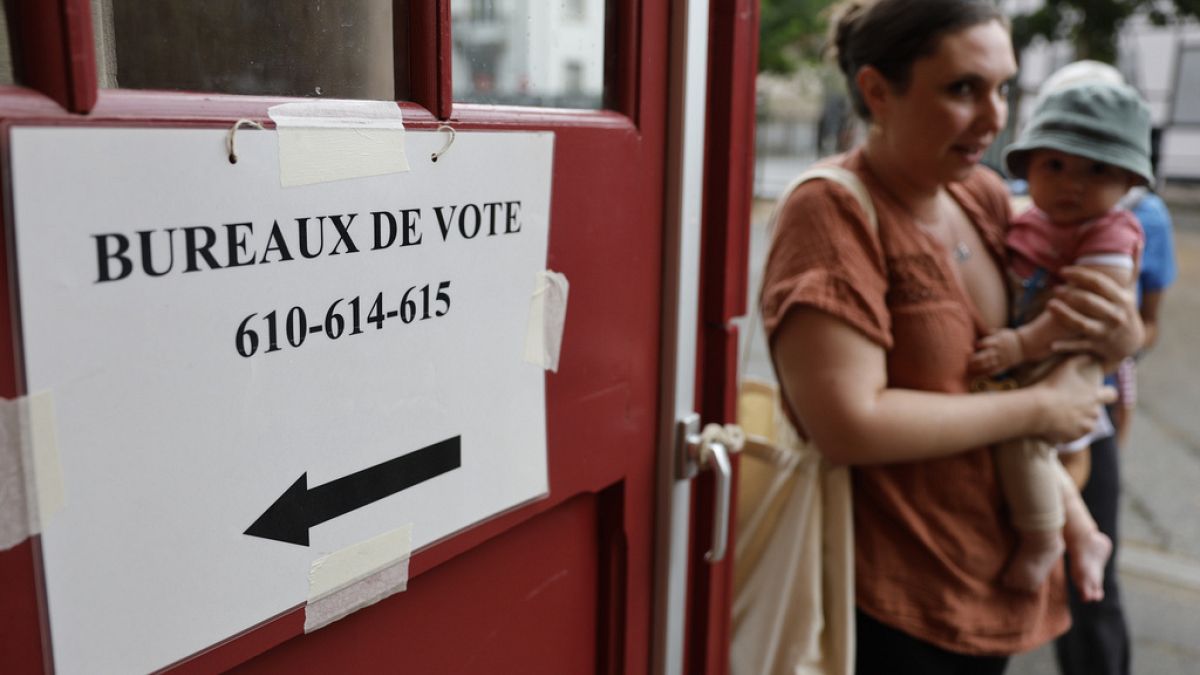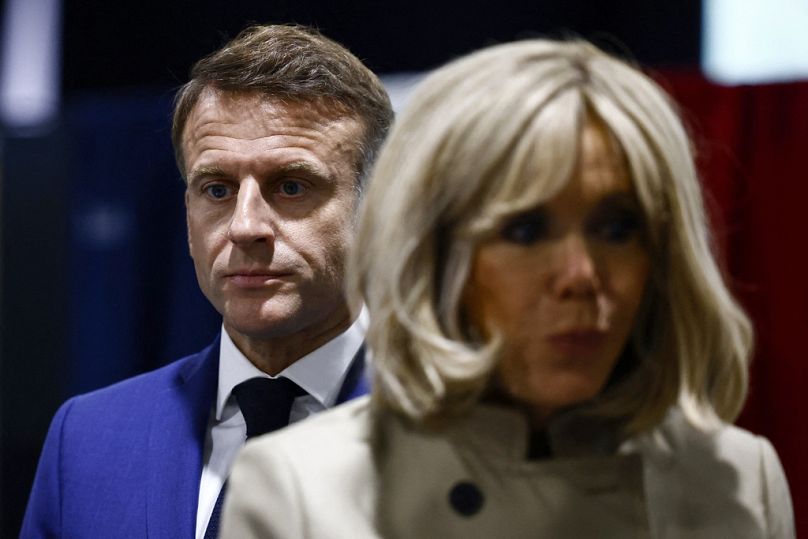With three hours of voting remaining turnout at 5pm on Sunday in the first round of the French legislative elections stood at 59.39%.
In comparison, in the 2022 legislative elections at 5pm, that figure was 39.42% - very nearly 20 points lower.
The high turnout suggests that voters feel this election is more important to them. It could put the French government in the hands of far-right parties for the first time since the Nazi era.
If that is extrapolated it suggests turnout could reach nearly 70% by 8pm when voting ends.
Different polling companies' estimates range from 67.5% by IPSOS to 69.7% by Toluna Harris.
Three major political blocs are competing: the far-right National Rally, French President Emmanuel Macron’s centrist alliance and the New Popular Front coalition made up of centre-left, green and hard-left forces.
The two-round snap election is set to conclude on July 7 – with European financial markets, Western support for Ukraine and the French nuclear and military force all potentially being impacted by its results.
49.5 million registered voters will choose 577 members of the National Assembly, France’s lower house of Parliament.
President Macron called the snap election following the far-right National Rally’s success in the European Parliament elections in June.
First deputy elected in Polynesia
Polling stations opened in mainland France at 8am on Sunday, with the first polling projections expected by 8pm. Official results are expected later Sunday night.
Voters in French overseas territories cast their ballots on Saturday.
The first deputy of the new legislature in France has been elected in Polynesia: Moerani Fre'bault, a centre-right autonomist candidate, who won with 54% of the votes in the first round, according to the provisional results announced on Sunday by the High Commission. It is the first time that a native of the Marquesas Islands has entered the National Assembly.
Why Macron called early elections
Macron called the early elections after his party was trounced in the European Parliament election earlier in June by the National Rally, which has historic ties to racism and antisemitism and is hostile toward France’s Muslim community. It also has historical ties to Russia.
Macron’s call was an audacious gamble that French voters who were complacent about the European election would be jolted into turning out for moderate forces in national elections to keep the far right out of power.
Instead, preelection polls suggested that the National Rally is gaining support and has a chance at winning a parliamentary majority. In that scenario, Macron would be expected to name 28-year-old National Rally President Jordan Bardella as prime minister in an awkward power-sharing system known as “cohabitation.”
While Macron has said he won’t step down before his presidential term expires in 2027, cohabitation would weaken him at home and on the world stage.














